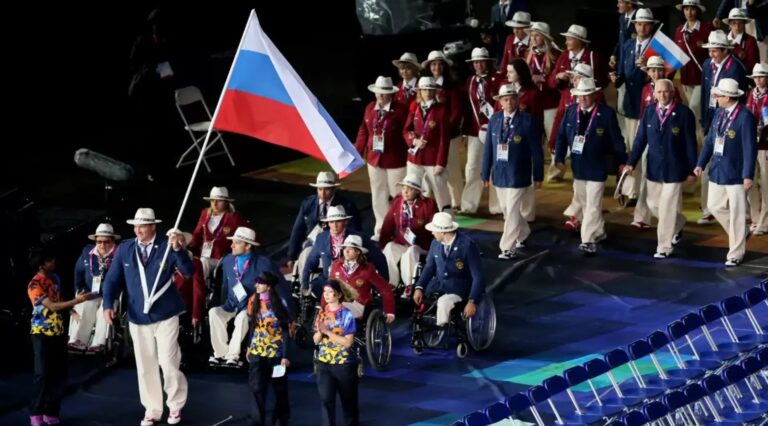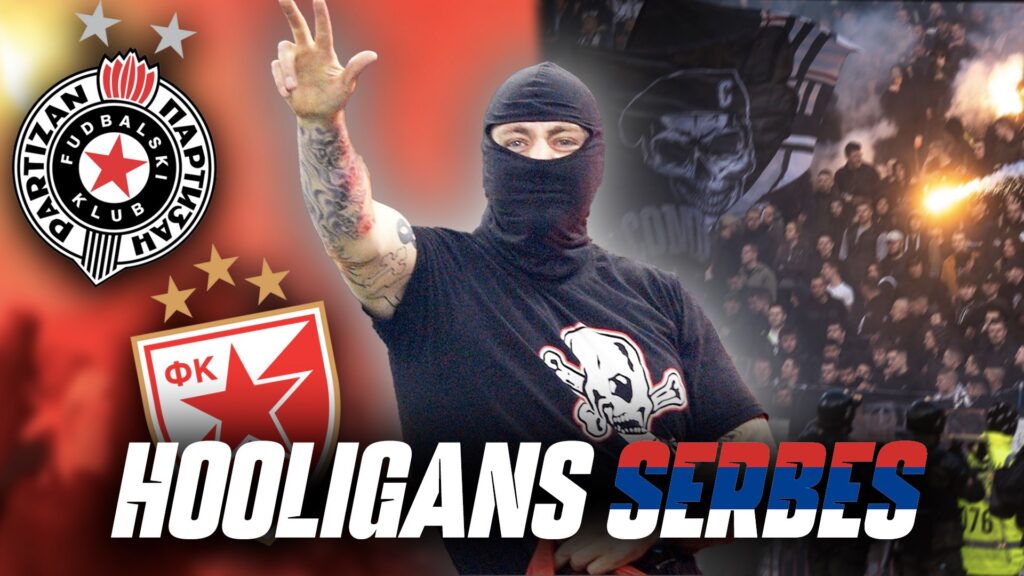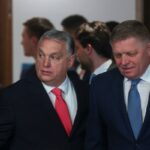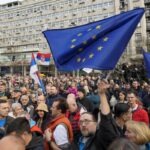Russia is seeking to break out of political isolation and to “soften sanctions” in the non-military sphere — by overcoming restrictions in humanitarian areas, particularly sports, while simultaneously pushing the Western narrative of “sanctions fatigue” and the desirability of dialogue with Moscow.
Members of the International Paralympic Committee (IPC) voted against maintaining either a full or partial suspension of the National Paralympic Committees (NPCs) of Russia and Belarus. Thus, the structures of the aggressor states were rehabilitated and regained full membership rights.
For Ukraine, where many Paralympic athletes became disabled as a result of Russian attacks on civilian cities or battlefield injuries, this decision provokes legitimate outrage: global sports institutions appear ready to lift restrictions even while aggression continues, ignoring the principle of accountability for its perpetrators.
The IPC emphasized that the vote concerns restoring membership rights to the NPCs, not an automatic authorization to compete under national flags — those parameters are yet to be defined. However, the restoration of full membership itself creates a precedent for the step-by-step return of Russia and Belarus to future Paralympic Games under their own symbols — a development that is unacceptable amid ongoing Russian aggression.
The decision appears discordant given that the Olympic movement still upholds its own restrictions (e.g., “neutral” participation for Russians in the 2026 Games), thereby undermining the principle of consistent accountability in world sport.
The reinstatement of full rights for the Russian and Belarusian NPCs during an active war demonstrates that the aggressor is once again using sport as a tool for reputational restoration. The lack of clear mechanisms to prevent state interference by Russian or Belarusian authorities in the activities of their NPCs raises risks of political provocation, pressure on organizers, and the exploitation of competitions for propaganda purposes.
Therefore, strict rules regarding symbols, delegation composition, and communications become essential. If Russia and Belarus are later permitted to use national flags or anthems, the IPC’s previous safeguards (neutral status, flag and anthem bans) will lose meaning and become purely declarative.
The IPC’s decision has already damaged the organization’s reputation, but in the long term such unprincipled conduct could cause serious reputational losses: from open protests against Russian symbols at events, to boycotts and sponsor withdrawals, ultimately harming the Paralympic movement as a whole.
Competition organizers, international federations, and national Paralympic committees must synchronize security protocols, media policies, and ceremonial standards to prevent sports venues from becoming political platforms for aggressors.
Even with the restoration of Russian and Belarusian NPC membership, the IPC must preserve a strictly neutral participation format — without flags or anthems — and conduct individual vetting of all athletes and officials for evidence of public support for aggression or ties to the security apparatus, coupled with a rapid re-suspension mechanism for violations.
The IPC’s decision to lift the suspension of the Russian and Belarusian Paralympic Committees carries profound political implications. For Moscow, it is the first step toward re-entry into international institutions from which it was expelled after invading Ukraine.
The Kremlin perceives even partial reintegration into global sports bodies as a sign of waning isolation — a “softening of sanctions” in non-military domains. In the information sphere, this is portrayed as proof that “the world is tired of sanctions” and ready to resume dialogue with Moscow.
Russian media have already used the decision as evidence of “the failure of the collective West’s policy.”
The Kremlin actively exploits the narrative that “sport is beyond politics,” using the Paralympic movement as an instrument of soft power. Returning to the IPC enables Russia to cultivate a positive humanitarian image — presenting itself as a nation of compassion, rehabilitation, and veteran care — while in reality employing these optics to justify aggression: “If we are accepted back, then we are not isolated — and not guilty.”
For domestic propaganda, this becomes a symbol of normalization, proof that attempts to “cancel Russia” have failed.
For foreign audiences, it signals that international institutions are moving away from Western alignment, embracing a so-called “multipolar order.”
Moscow aims to create a precedent effect — if the IPC can “re-admit” Russia, then so might the IOC, FIFA, or UN agencies.
Reintegration also provides access to funding, grants, training programs, and infrastructure, allowing Russia once again to use international sport as a channel for political influence — through official participation, cultural diplomacy, and informal contacts.
Over time, the Kremlin will seek to shape the agenda of international sport — lobbying for “depoliticization” of sanctions and the normalization of its presence in Olympic structures.
Sport thus becomes a testing ground for weakening Western unity. Russia has long used sports as the first indicator of political fatigue: when sanction discipline weakens, sport is the first to respond.
Moscow strives to create the illusion of renewed dialogue: if “neutrality” is possible in sport, it should also be possible in politics. This helps push European elites toward the rhetoric of separating politics from humanitarian issues, effectively eroding the moral foundation of sanctions.
From a political-image standpoint, the Kremlin reinforces the argument that “Russia cannot be isolated” — a message aimed both at foreign partners and domestic voters ahead of the 2024–25 political cycle.
Through sports diplomacy, Moscow seeks to rebuild its network in Paralympic and Olympic institutions, exploit “Western double standards,” and mask war crimes under humanitarian discourse. Participation of veterans involved in the war against Ukraine will enable the Kremlin to reshape the historical narrative, presenting them internationally as symbols of “resilience, spirit, and courage.”
Ultimately, the IPC’s decision is not merely a sports ruling but a geopolitical breakthrough for the Kremlin — a testing stone for Russia’s gradual reintegration into global institutions under the cover of “Paralympic humanitarianism.”
This is a revival of Soviet-style and even totalitarian-era sports politicization, where the triumph of athletes equated to the triumph of the regime itself.
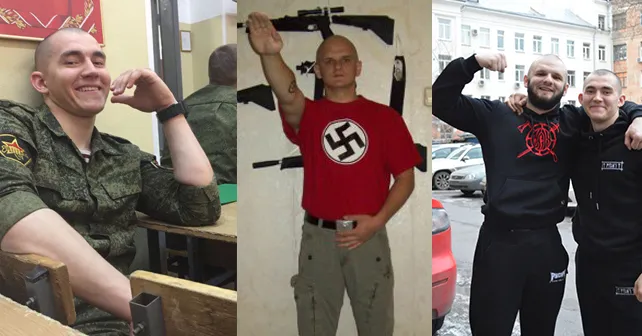
More on this story: Russia’s political line: neo-Nazism


